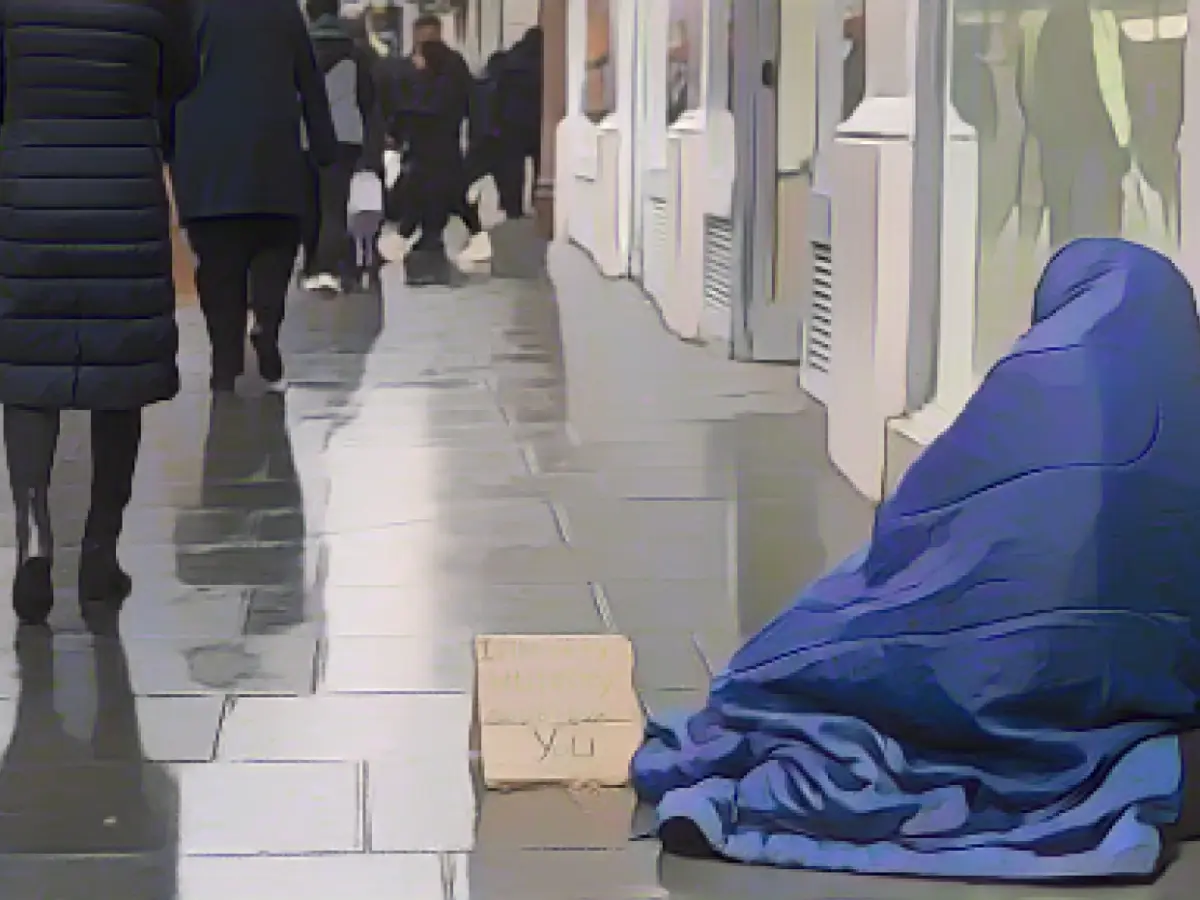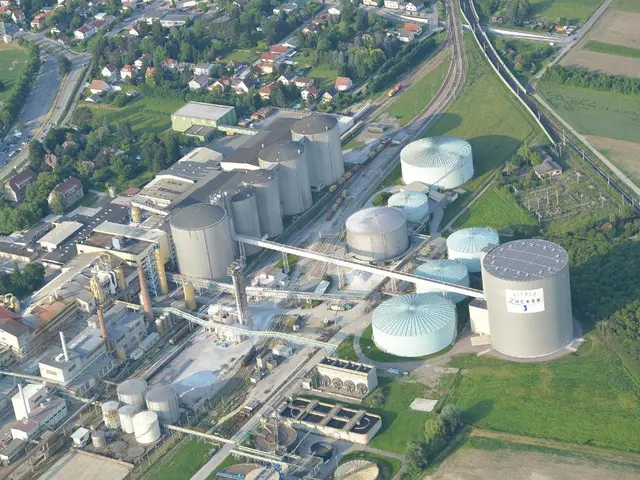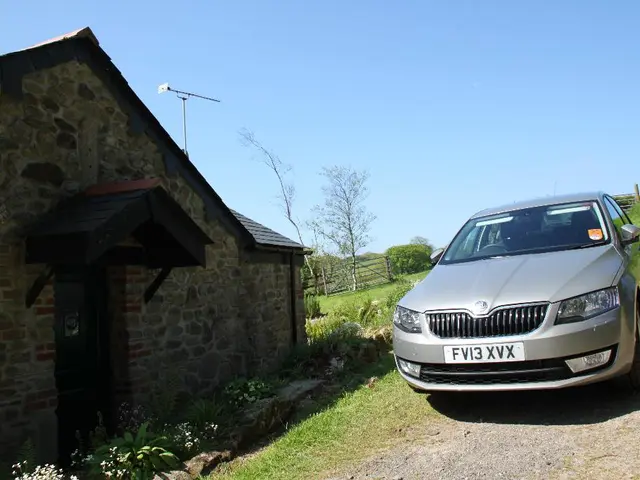The Centre for Social Justice recently warned that Britain is teetering on the brink of sliding back into the divided, impoverished world of the Victorian era. This alarming prediction comes from an independent think tank which, in the past, has pushed for social reforms and the introduction of a universal credit, a monthly payment made to individuals with low income by the government.
The report, released on Sunday, underscores how economic stagnation in Britain makes it harder to combat poverty, which has only been worsened by the cost-of-living crisis. The plight of the most vulnerable in society.
In a statement on Monday, Sophia Wallinger, deputy political director at the Centre for Social Justice, described the situation as a country divided into two halves. While the majority of the population is managing, there's a group of people whose lives are marked by broken families, poor physical and mental health, and dwell in crime-ridden neighborhoods where they face numerous obstacles at work.
The think tank warned of a possible return to a "two-tier society" similar to the Victorian era, marked by a growing chasm between the mainstream society and the impoverished underclass.
During this era, the second half of the 19th century, extreme social inequality was prevalent. People from the working class were confronted with brutal living conditions, barely had access to clean water, food, sanitation, and lacked opportunities to improve their lives.
The report noted that poverty in modern-day Britain has solidified, going beyond just monetary constraints. Factors like family breakdown, drug addiction, unemployment, high personal debt, and educational failures all contribute to its detrimental effects.
The study, based on surveys of 6,000 people and research visits to more than 350 charities, social enterprises, and experts in over 20 cities across the UK, concluded that economic stagnation is making it harder to combat poverty.
In the report's preface, signed by Mervyn King, the former Governor of the Bank of England, and others, it was stated that for too many people, Britain is broken and the divide between rich and poor is widening.
The report revealed that average weekly income-adjusted wages in the UK have remained stagnant since the financial crisis in 2008. For individuals on universal credit, around 38% were employed but still struggled to make ends meet, having insufficient income to live on.
Wallinger added that many of these jobs tend to be insecure and poorly paid. The uncertainty of existing jobs can dissuade some people from accepting employment in favor of the stability of social benefits.
Pandemic lockdowns have also been identified as having exacerbated poverty, inflicting catastrophic consequences on social cohesion in the country. During the lockdowns, reports of domestic violence increased by 700%, psychological problems in young people rose to one in six, school absences due to sickness increased by 134%, and 1.2 million people still receive social welfare.
Additionally, the report noted that alcohol-related deaths, which had previously decreased, surged during the pandemic.
"Those who have remained are still feeling the after-effects of the COVID-19 pandemic", Wallinger said. "Their lives have never returned to normal, and the scars of this time remain deep."
Wallinger mentioned that the authors of the report will propose a series of ambitious political recommendations in the coming spring to tackle the root causes of poverty, warning that without such an approach, the future looks grim.
In a separate report published last week by Resolution Foundation, it was concluded that income inequality in the UK is the highest among major European countries, surpassing previous levels before the cost-of-living crisis broke out.
The report noted that average wages in the UK have remained stagnant since 2007, with the typical employee missing out on 10,700 pounds ($13,500) due to lost wage growth each year.








